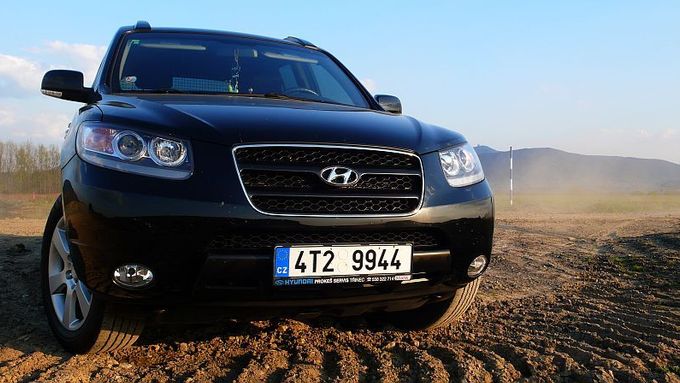Nošovice - Štefan Valíček, head of Slovak company Kovo that participated in the construction of production halls for Hyundai in Nošovice, north Moravia, has accused the South Korean carmaker of using low-quality construction materials.
He adds that one of the most important buildings of the new complex, the welding hall, might even collapse one day.
The claim was first aired by the Slovak daily Hospodárske noviny. The company Hyundai Motor Manufacturing Czech reacted by denying the allegation.
"One of our subcontractors owes Kovo some funds, and the [Kovo] owner is now trying to pressure us," Hyundai spokesman Petr Vaněk said, adding, nonetheless, that the company will let a part of the construction be inspected.
Once the results of the inspection are known, Hyundai will decide whether to sue the Slovak firm for raising a false alarm and harming the company's good name.
But Valíček insists his claim is true and says he is not afraid of being sued. "We tried, in vain, to warn the Korean firm Wi Tech Slovakia which contracted us that the Chinese steel girders lack adequate size and firmness. It did happen that we installed them in the evening only to find them lying on the ground in the morning," Valíček told Aktuálně.cz in an interview.
Trial production starts next month
Although the final approval of the plant by authorities will only take place in about half a year, Hyundai plans to start trial production in Nošovice next month. It will need permission from the local building office in Dobrá.
"It's likely that the company will get the permit in time," said Václav Kocich from the office. He added that a proof of quality of the used materials will only be required before the final approval, but not for the trial production.
"I believe that in the following days Hyundai can investigate whether the information about faulty material is true or not. If it is, Hyundai has to solve it," Kosich said. He added it is often difficult to discover material flaws and that sometimes they only show after years.
But Valíček warns that the insufficiencies were evident at first sight. "If something happened, we would blame ourselves," said Valíček explaining his reasons why he decided to make the information public.
